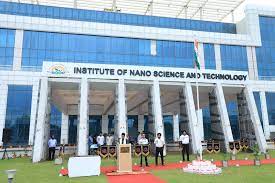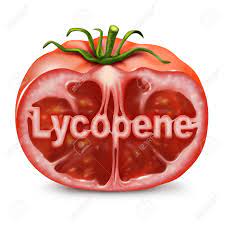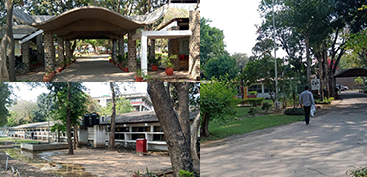Anxious moments would soon be over for newbie parents who get to know that their new-born is suffering from jaundice. Now, infants may not have to undergo a blood test to determine if the new born has jaundice or not.

A jaundice-cum-oxygen saturation will soon be determinable through one instrument – an oximeter which will also determine whether a child has jaundice. At a meeting, organised at the Institute of Nano Science and Technology (INST), Mohali, many researchers from various multi-national companies descended here where it came to light that the technology will soon be patented.

According to INST, one of the Ph. D research scholars of the institute felt the need of introducing an added feature to the existing oximeters, which give the pulse rate and oxygen saturation readings. He wanted the oximeter to be able to determine whether the child has jaundice, and also that the instrument be easily operated at home. This will ensure that no blood sample is taken, and also there is no fear of hospital-acquired infection which is so prevalent among children.
Paper-based lycopene sensor developed at INST, Mohali
Institute of Nano Science and Technology, Mohali, has also come up with an innovation of a slip – a paper-based lycopene sensor that will determine the amount of lycopene in a tomato since lycopene is an anti-cancer agent and is found in enough quantity in tomatoes. Then, the slip can be scanned on your smart mobile phone.

Dr Vijay Shanamygam and his student Kamaljit Kaur, who is doing her post-doctorate in a University in Israel, are instrumental in bringing about this innovation.
There is a huge demand for lycopene in the food and beverages industry and also in the pharmaceutical and cosmetic industry. Lycopene is also available in a supplement form as its an anti-oxidant which lowers the risk of cancer, infertility, heart ailments, metabolic syndrome, etc.
India is the second largest producer of tomatoes and 11 per cent of the tomato production of the world happens here. In India, Andhra Pradesh is the largest producer of tomatoes followed by Haryana, Punjab, Himachal, and Madhya Pradesh.










